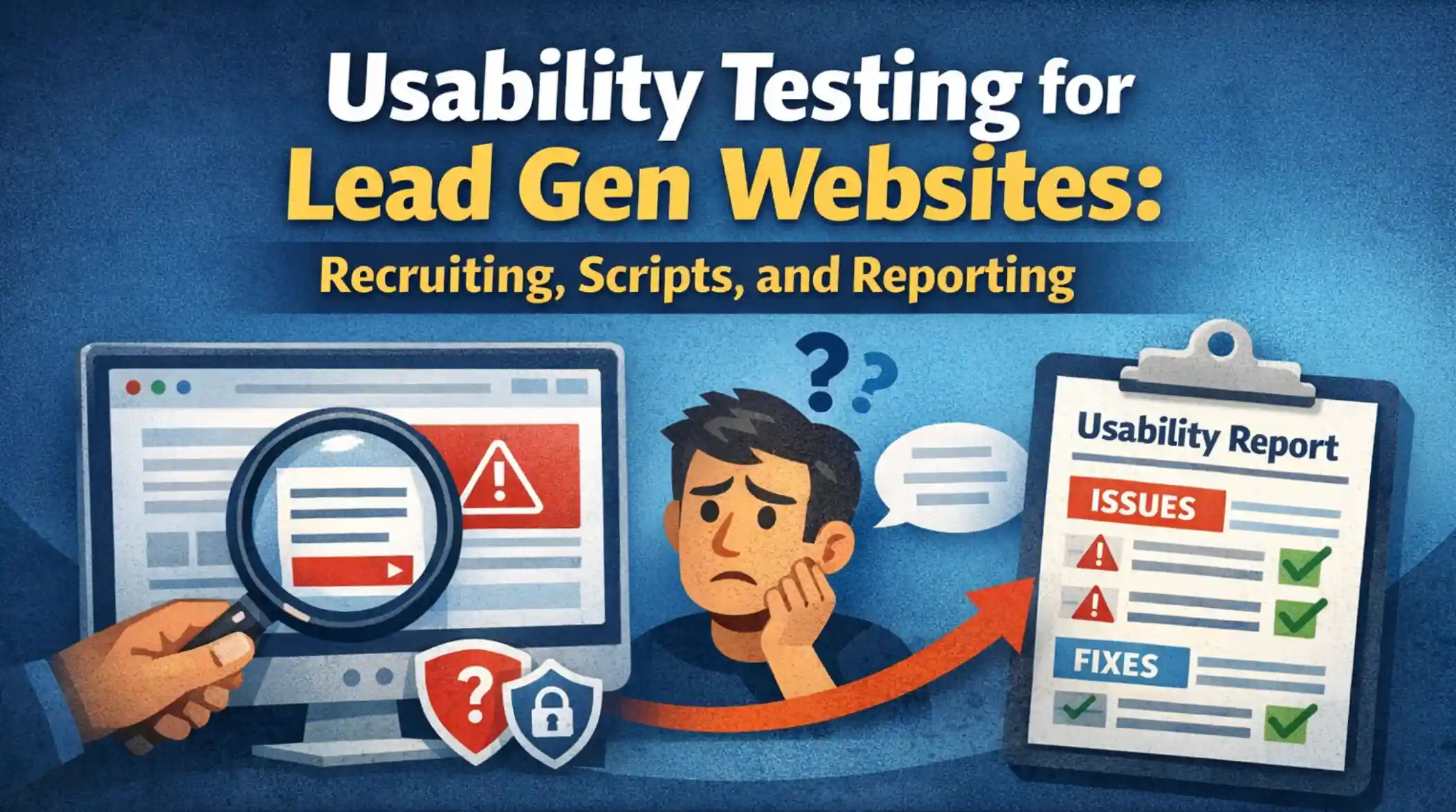Important Business Trends to Watch in 2025: What Every Leader Must Know
Updated on
Published on

The business landscape is shifting quickly as 2025 begins. New technologies, changing consumer behaviors, and evolving workplace practices are creating opportunities for growth and innovation. Staying ahead means adapting to these trends with a proactive mindset. Whether you're exploring digital tools or rethinking your workplace structure, these changes will shape how industries operate.
This year is all about innovation and flexibility. Hybrid work models are transforming the way we approach work, sustainability is becoming a must-have rather than a nice-to-have, and technologies like IoT and blockchain are revolutionizing how businesses operate. There’s a lot happening, but with change comes opportunity—especially for businesses that are ready to adapt and grow.
Whether you’re a tech enthusiast, a seasoned entrepreneur, or simply looking for ways to improve your business, these trends have something for everyone. Let’s explore the key shifts happening in 2025 and how they can help your business thrive in this fast-paced world.
Sustainability and Eco-friendly Practices: Doing Good Is Good Business
Sustainability is becoming a core focus for businesses as customers and communities prioritize environmentally friendly practices. Companies are embracing renewable energy, minimizing waste, and opting for sustainable supply chains to meet growing expectations. This movement is no longer confined to reducing environmental impact; it also involves supporting fair labor practices and fostering positive community relationships. Businesses that embrace sustainability build trust with their audiences while improving operational efficiency. These efforts often lead to cost savings and a stronger connection with socially conscious consumers. As sustainability becomes a key differentiator, businesses that incorporate these practices into their strategies will stand out.
- Renewable energy adoption improves operational efficiency.
- Building trust with socially conscious consumers fosters loyalty.

Hybrid Work Models Become the Norm
Hybrid work is now an essential part of how businesses operate. Combining remote and in-office work offers flexibility for employees and helps companies maintain productivity. This shift has led to the adoption of collaboration tools that make communication seamless, whether teams are at home or in the office. Businesses are also redesigning their physical spaces to encourage creativity and teamwork during on-site days. The challenge lies in keeping employees connected and preserving company culture in a hybrid environment. Wellness programs and cybersecurity measures are becoming central to making this model successful. Companies that adapt to hybrid work will find it easier to attract and retain top talent.
- Collaboration tools are key to hybrid work success.
- Wellness programs bridge the gap between remote and in-person teams.

IoT and Cloud Computing Revolutionize Operations
IoT and cloud computing are reshaping how businesses gather and use data. IoT devices provide real-time insights into everything from equipment performance to customer behavior. By combining these tools with cloud computing, companies can store and analyze vast amounts of data efficiently. This combination is transforming industries such as manufacturing, logistics, and retail by improving decision-making and reducing downtime. Cloud services also make it easier for businesses to scale their operations as needed. With these technologies, companies can create smarter, faster, and more responsive systems that lead to better outcomes for their customers and operations.
- IoT improves decision-making and reduces operational downtime.
- Cloud computing allows businesses to scale efficiently.
The Gig Economy Continues to Expand
The gig economy is redefining how businesses access talent. Freelance platforms make it easy to connect with skilled professionals for a wide range of tasks, from graphic design to technical development. This flexibility allows businesses to scale up or down based on demand while reducing the costs of full-time employment. However, managing a freelance workforce comes with challenges, such as ensuring quality and fostering trust. Many companies are adopting tools to manage onboarding and performance tracking for gig workers. The gig economy provides an agile solution for businesses looking to stay competitive in dynamic markets.
- Freelance platforms simplify access to specialized skills.
- Managing gig workers effectively ensures consistent quality.
Cybersecurity: Protecting What Matters Most
With businesses increasingly relying on digital systems, cybersecurity is more critical than ever. High-profile breaches have underscored the importance of protecting sensitive data. Companies are investing in advanced tools to detect and prevent cyberattacks, while also training employees to recognize potential threats. This proactive approach is especially vital for industries that handle customer information, like finance and healthcare. Beyond avoiding financial losses, robust cybersecurity measures help businesses build trust with their customers. As the digital economy grows, prioritizing security is essential for protecting both operations and reputations.
- Advanced tools and employee training strengthen cybersecurity.
- Protecting sensitive data builds trust with customers.

Decentralized Finance (DeFi) Reshapes Financial Systems
Decentralized finance is revolutionizing how businesses handle financial transactions. Blockchain technology enables secure and transparent peer-to-peer exchanges without traditional intermediaries. Many businesses are exploring ways to integrate blockchain into their operations, from streamlining supply chains to managing payments. While navigating regulatory uncertainties remains a challenge, companies that adopt decentralized finance tools can enjoy faster, more cost-effective transactions. This shift is creating new opportunities for innovation in financial systems, giving businesses greater control and efficiency in managing their finances.
- Blockchain ensures secure, transparent transactions.
- Decentralized finance tools reduce transaction costs.
Employee Wellness: Healthy Teams, Healthy Business
Employee wellness is becoming a central part of workplace strategies. Companies are introducing programs that support mental and physical health, recognizing the connection between well-being and productivity. Initiatives like flexible schedules, fitness resources, and access to mental health services are now common due to the presence of possible work-related mental health conditions. You can read more about the various mental health conditions at the library of mental health conditions, disorders, and terms.
These efforts lead to happier, more engaged teams that perform better and stay longer. Prioritizing wellness isn’t just good for employees—it strengthens the company as a whole.
- Wellness programs improve employee morale and productivity.
- Wearable tech enhances workplace health initiatives

Are You Ready for 2025?
The trends shaping 2025 reflect a world that values innovation, adaptability, and human-centered strategies. From embracing sustainability to leveraging new technologies, these changes offer businesses the chance to grow and thrive. Companies that prioritize flexibility, security, and employee well-being will not only navigate these shifts but also emerge stronger. By keeping an eye on these trends and acting strategically, businesses can prepare for a successful future.






.webp)


